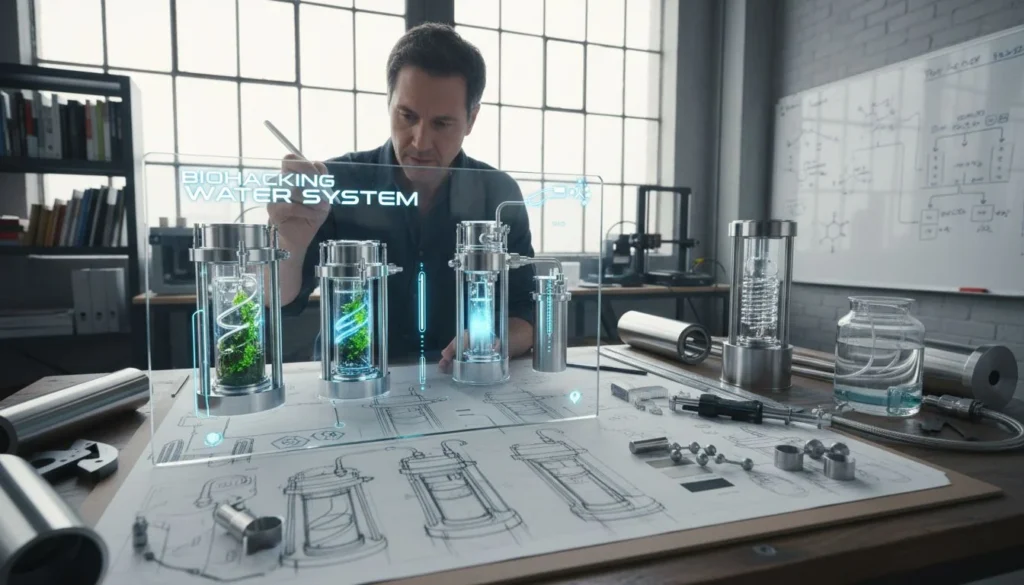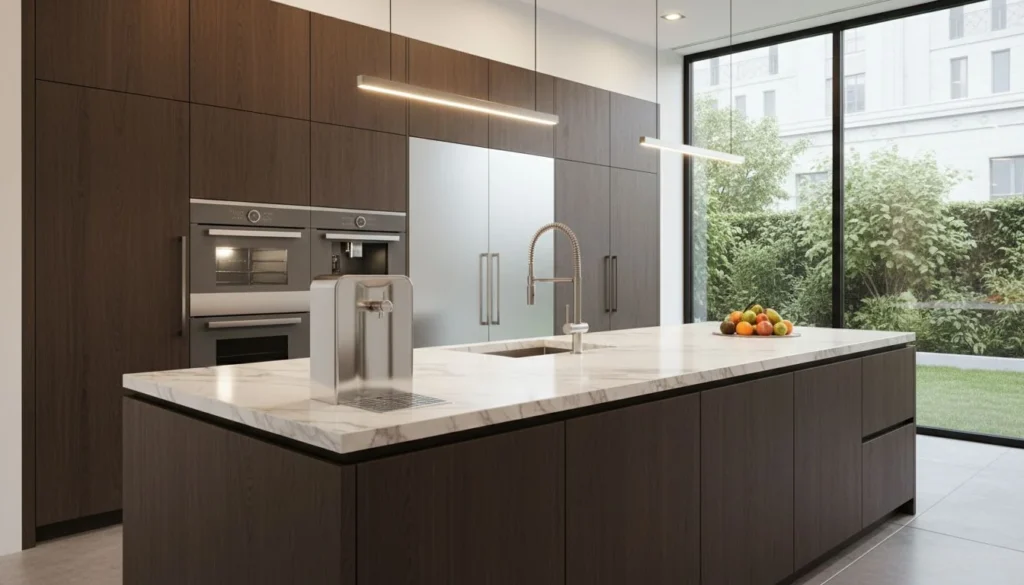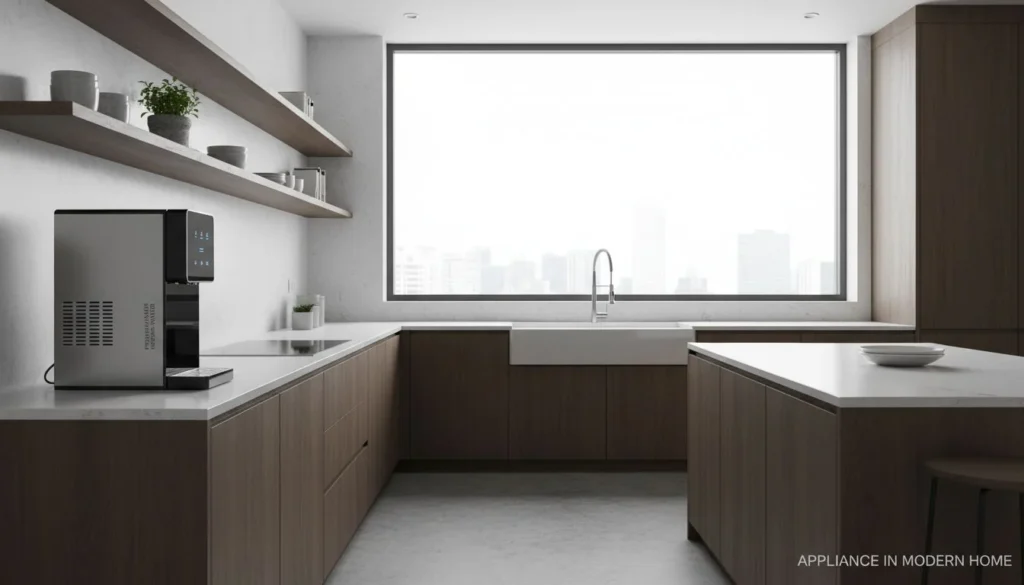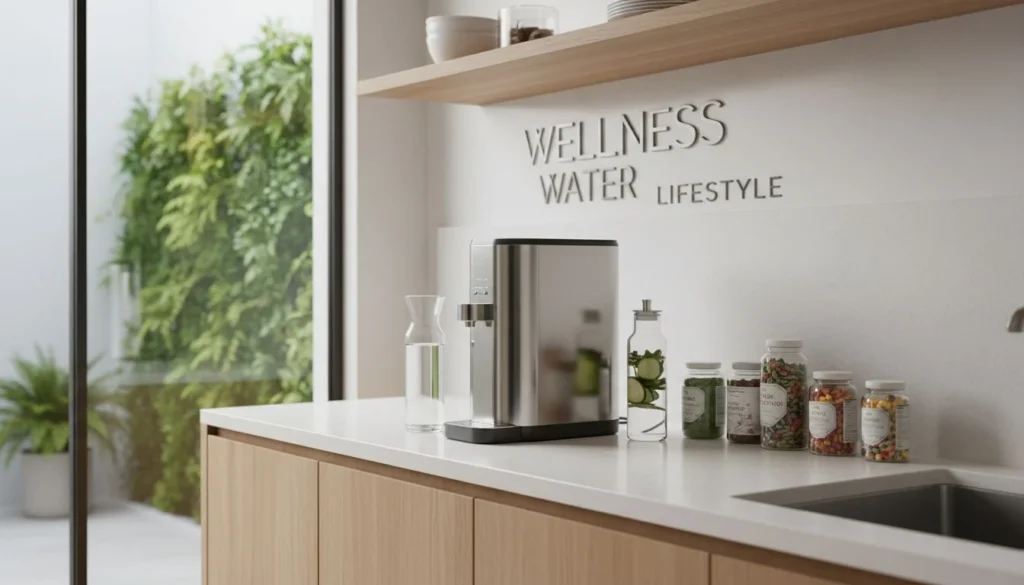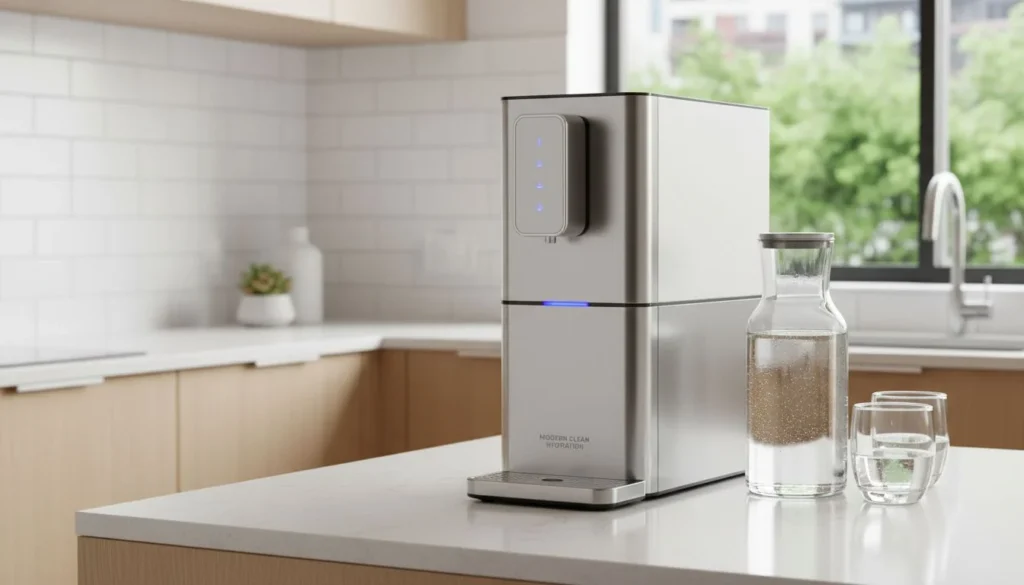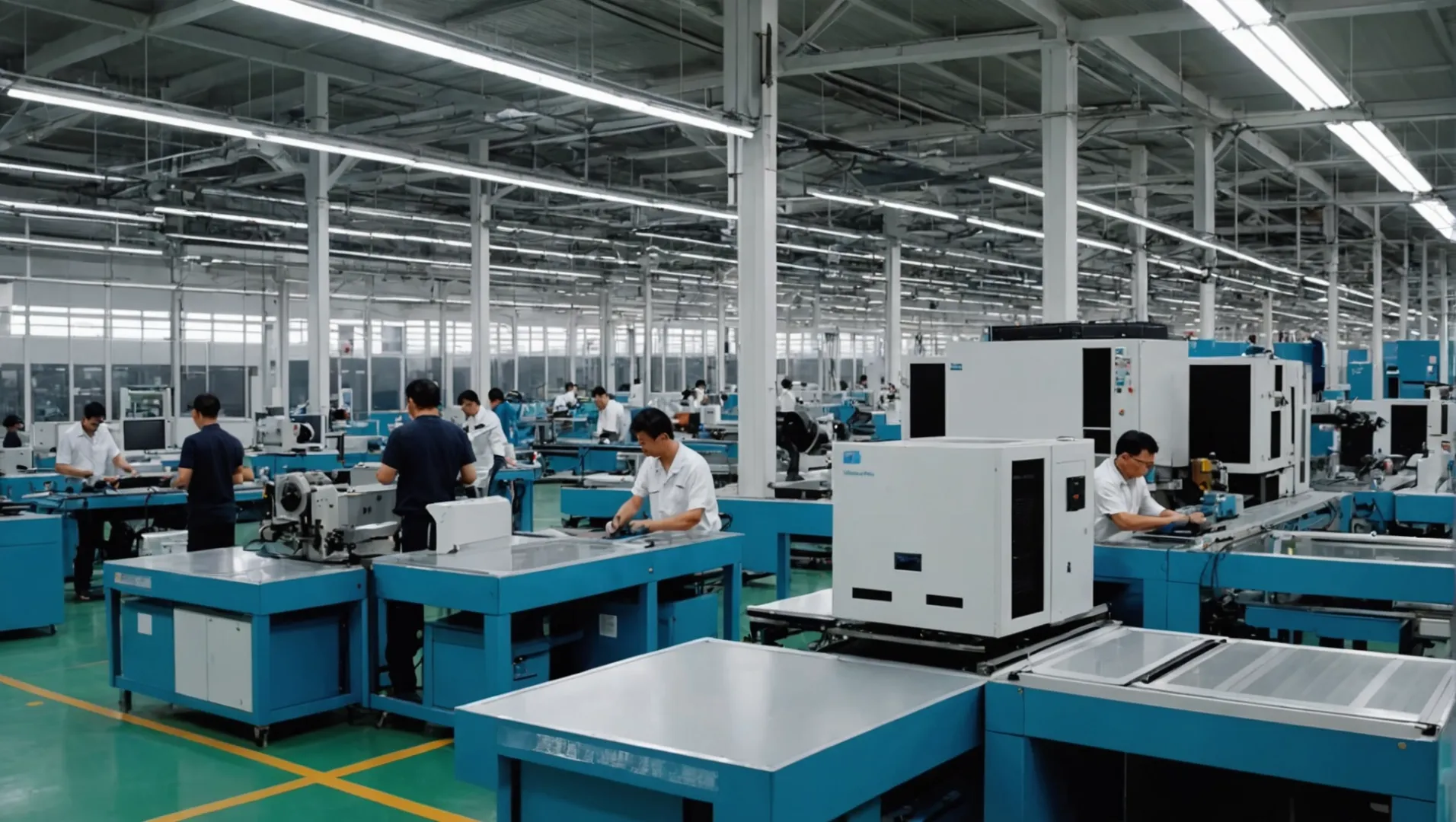
En me plongeant dans le monde des purificateurs d'air, je constate avec étonnement qu'un pays a réussi à dominer cette industrie alors qu'un autre n'en est qu'à ses débuts.
La Chine domine actuellement la production de purificateurs d'air, représentant plus de 70% du marché en raison de la maturité de sa chaîne d'approvisionnement. Le Mexique est en train de devenir un site de production alternatif, mais il est confronté à des difficultés liées au manque d'infrastructures établies et à la dépendance à l'égard des composants chinois.
Comprendre la dynamique actuelle entre ces deux pays en matière de production de purificateurs d'air offre des informations précieuses aux investisseurs et aux observateurs de l'industrie. Lisez la suite pour découvrir comment les changements géopolitiques et les demandes du marché façonnent ce secteur et ce que l'avenir pourrait nous réserver.
La Chine produit plus de 70% de purificateurs d'air dans le monde.Vrai
La chaîne d'approvisionnement mature de la Chine soutient plus de 70% de la production mondiale de purificateurs d'air.
Qu'est-ce qui fait de la Chine un leader dans la production de purificateurs d'air ?
La Chine domine le marché mondial des purificateurs d'air avec une part de production de plus de 70%, mais pourquoi en est-il ainsi ?
La Chine excelle dans la production de purificateurs d'air en raison de sa solide chaîne d'approvisionnement, de sa technologie de fabrication avancée et de ses investissements importants dans la recherche et le développement. Ces facteurs créent un écosystème qui favorise une grande efficacité et des capacités de personnalisation, ce qui fait de la Chine un leader mondial dans ce secteur.
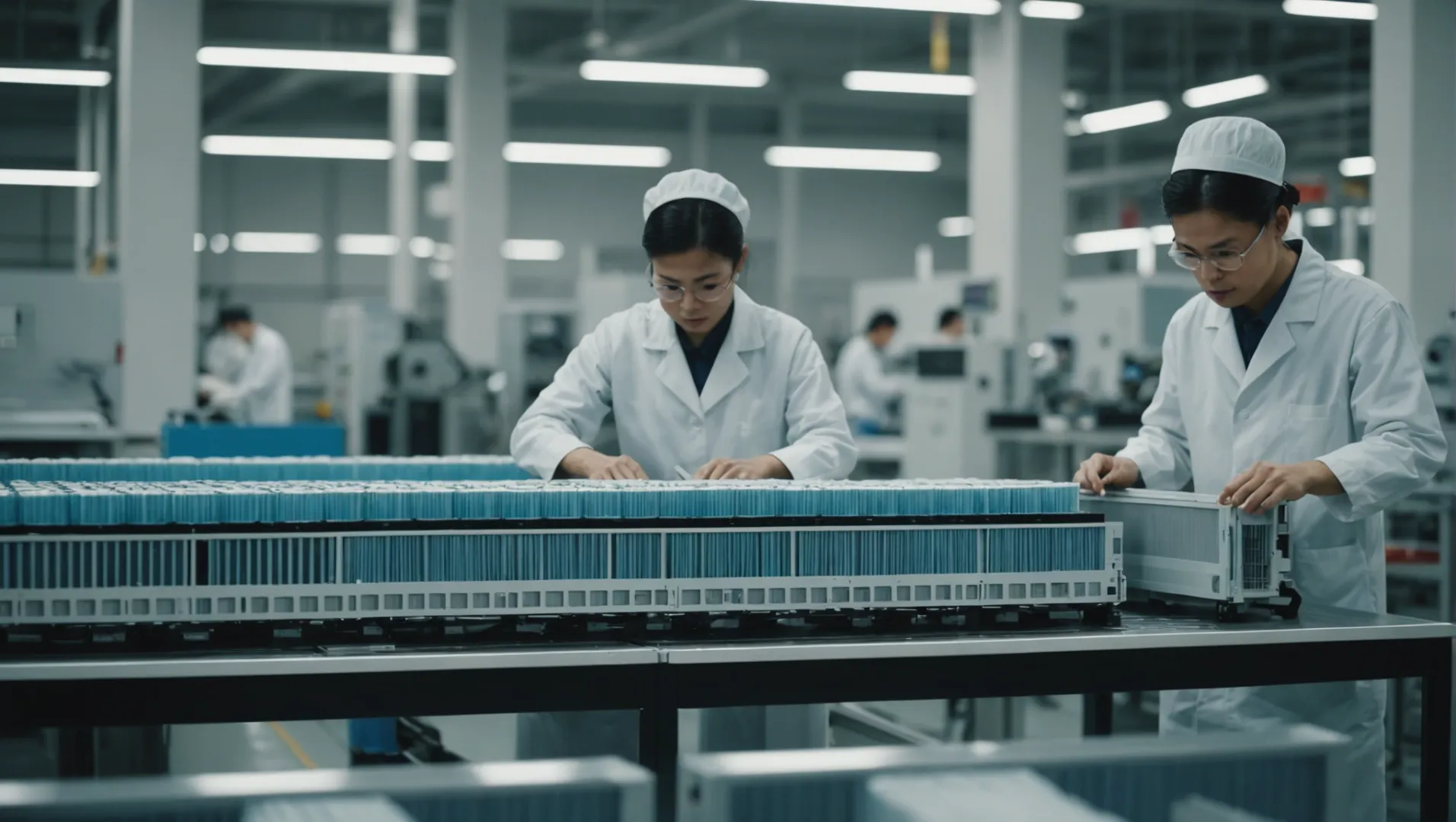
L'épine dorsale de la chaîne d'approvisionnement chinoise
La suprématie de la Chine dans la production de purificateurs d'air tient essentiellement à sa chaîne d'approvisionnement complète. Le pays abrite un large éventail de fabricants spécialisés dans les composants tels que les systèmes de ventilation, les filtres, les boîtiers en plastique et les filtres à air. PCBA planches. Cette abondance permet non seulement de réduire les coûts, mais aussi de raccourcir les délais de production. En disposant de ces ressources localement, les fabricants peuvent s'adapter rapidement aux exigences du marché, qu'il s'agisse d'un pic de commandes ou d'un besoin d'innovation en matière de produits.
Prouesses en matière de recherche et de développement
La Chine investit de manière significative dans Initiatives de R&D1 pour faire progresser la technologie de purification de l'air. Cet engagement a conduit au développement de systèmes de filtration plus efficaces et de technologies plus intelligentes qui s'intègrent aux appareils IoT. Les entreprises collaborent souvent avec des équipes d'ingénieurs de premier plan pour créer des solutions personnalisées, améliorant ainsi l'attrait des produits à l'échelle mondiale.
Economies d'échelle
Le volume de production permet aux fabricants chinois de réaliser des économies d'échelle. Cette capacité garantit des prix compétitifs sans compromis sur la qualité. Bien que d'autres pays, comme le Mexique, apparaissent comme des acteurs potentiels dans ce domaine, l'absence d'une chaîne d'approvisionnement bien établie signifie qu'ils ne peuvent pas encore rivaliser avec le rapport coût-efficacité de la Chine.
| Facteur | Chine | Mexique |
|---|---|---|
| Maturité de la chaîne d'approvisionnement | Complet et robuste | Développement |
| Rapport coût-efficacité | Haut | Moins élevé que celui de la Chine, mais en hausse |
| Capacité de personnalisation | Avancé | Limitée |
Défis et opportunités
Si la Chine reste un leader, des défis potentiels tels que tensions géopolitiques2 et l'augmentation des droits de douane pourraient modifier la dynamique de la production. Cela pourrait conduire certains fabricants à explorer d'autres sites, tels que le Mexique. Toutefois, tant que le Mexique n'aura pas développé son infrastructure pour soutenir une production efficace de purificateurs d'air, il est probable que la Chine conservera sa position dominante.
La Chine détient plus de 70% du marché mondial des purificateurs d'air.Vrai
La chaîne d'approvisionnement solide et la fabrication de pointe de la Chine lui confèrent une part de marché prépondérante.
Le Mexique dépasse la Chine en termes d'efficacité de production de purificateurs d'air.Faux
La chaîne d'approvisionnement mature de la Chine garantit une efficacité supérieure à celle de la chaîne d'approvisionnement en développement du Mexique.
Comment le Mexique émerge-t-il dans l'industrie des purificateurs d'air ?
Le Mexique devient progressivement un acteur important de l'industrie des purificateurs d'air à mesure que la dynamique mondiale évolue.
Le Mexique émerge dans l'industrie des purificateurs d'air en attirant des fabricants qui cherchent des alternatives à la Chine en raison de l'augmentation potentielle des droits de douane. Toutefois, le Mexique est confronté à des défis tels que des coûts de production plus élevés et la dépendance à l'égard des composants importés de Chine.
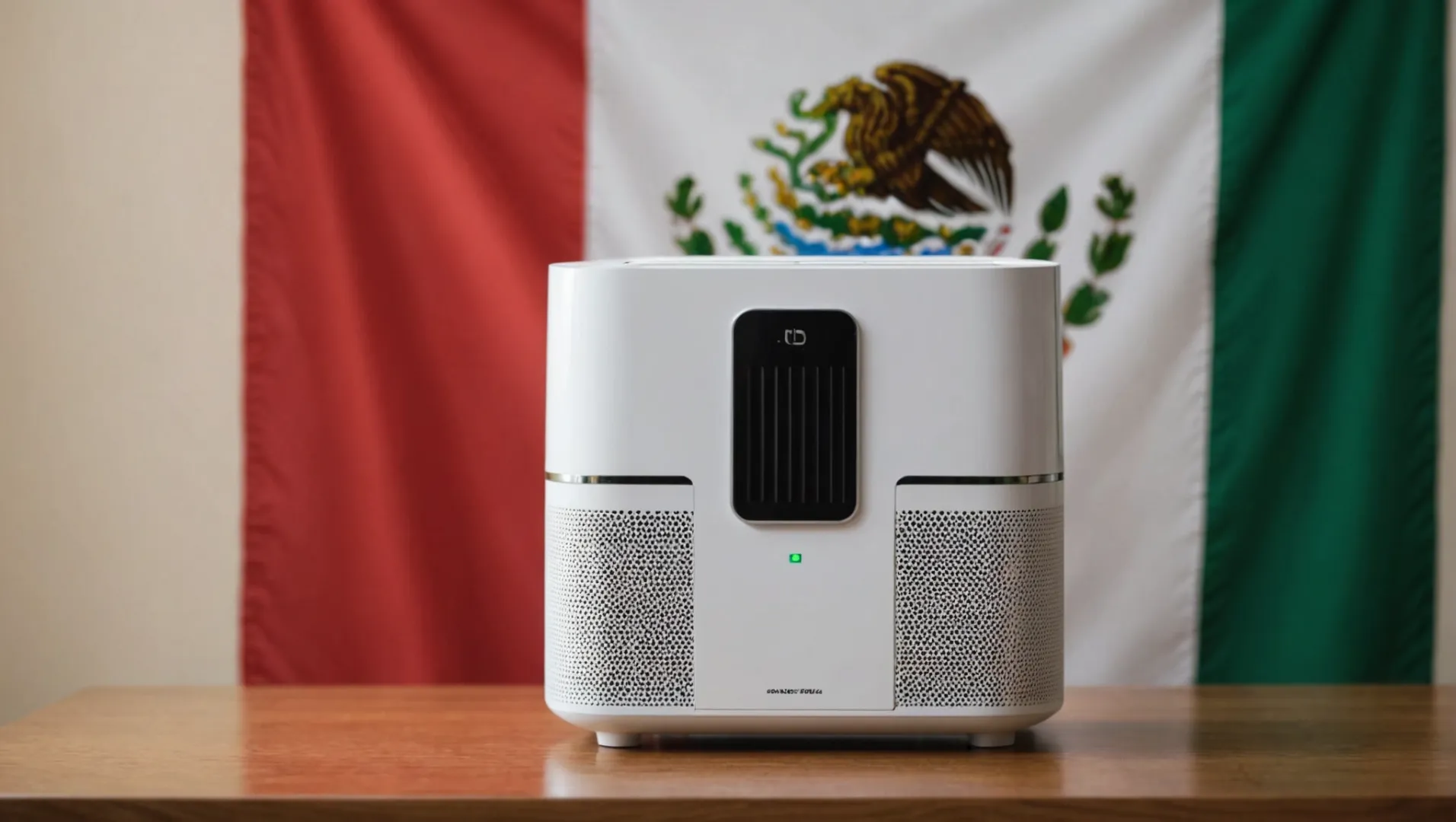
Le passage de la Chine au Mexique
Avec l'évolution des politiques commerciales mondiales, de nombreuses entreprises cherchent à diversifier leurs bases de production. La domination de la Chine sur le marché des purificateurs d'air est bien documentée, avec plus de 70% de la production provenant de ce pays en raison de sa vaste gamme de produits. l'infrastructure de la chaîne d'approvisionnement3. Toutefois, l'augmentation imminente des droits de douane, notamment en provenance des États-Unis, a incité les fabricants à rechercher d'autres sites.
Cet avantage géographique réduit les délais et les coûts d'expédition, ce qui peut s'avérer crucial pour les entreprises qui cherchent à maintenir des prix compétitifs.
Les défis de la mise en place d'une chaîne d'approvisionnement
Malgré sa situation stratégique, l'industrie naissante des purificateurs d'air au Mexique est confrontée à d'importants défis. Actuellement, il n'y a pas d'usines professionnelles dédiées à la production de purificateurs d'air au Mexique. Ce manque d'infrastructure nécessite l'importation de composants essentiels tels que les systèmes de ventilation, les filtres et les filtres à air. PCBA de Chine, ce qui a entraîné une augmentation des coûts de production d'au moins 15-30%.
| Composant | Source | Impact sur les coûts |
|---|---|---|
| Système de ventilation | Chine | Augmentation des coûts d'importation |
| Filtres | Chine | Des coûts de production plus élevés |
| Plastique | Chine | Dépendance à l'égard des importations |
L'absence d'une chaîne d'approvisionnement locale signifie que les entreprises qui souhaitent fabriquer au Mexique doivent tenir compte de ces coûts supplémentaires, ce qui pourrait avoir une incidence sur les prix et la rentabilité.
Possibilités de personnalisation et d'innovation
Malgré ces obstacles, le Mexique offre des possibilités de personnalisation et d'innovation. Les entreprises qui cherchent à développer des purificateurs d'air sur mesure peuvent collaborer avec des équipes d'ingénierie et de R&D en Chine tout en assemblant les unités au Mexique. Cette approche hybride permet aux fabricants de tirer parti de l'expertise chinoise tout en bénéficiant de la situation stratégique du Mexique.
La demande mondiale de purificateurs d'air continuant d'augmenter, sous l'effet d'une prise de conscience croissante des problèmes de qualité de l'air, le rôle du Mexique dans ce secteur est appelé à se développer. Toutefois, des investissements importants dans les infrastructures et les chaînes d'approvisionnement locales seront cruciaux pour sa réussite.
Perspectives d'avenir
De plus en plus de fabricants de purificateurs d'air envisagent de s'installer en dehors de la Chine, le Mexique étant une option viable en raison de sa proximité avec les principaux marchés et de ses avantages potentiels en termes de coûts. À mesure que cette tendance progresse, il sera essentiel de surveiller la façon dont le Mexique relève ses défis actuels et exploite ses opportunités pour devenir un acteur clé du marché mondial des purificateurs d'air.
L'industrie mexicaine des purificateurs d'air repose sur des composants locaux.Faux
Le Mexique importe de Chine des composants essentiels tels que des filtres et des ventilateurs.
Le Mexique présente un avantage géographique pour les exportations de purificateurs d'air.Vrai
La proximité de grands marchés comme les États-Unis réduit les délais et les coûts d'expédition.
Quels sont les défis auxquels est confronté le marché mexicain des purificateurs d'air ?
Le marché mexicain des purificateurs d'air est en plein essor, mais il est confronté à d'importants défis susceptibles d'entraver sa croissance.
Les principaux défis auxquels est confronté le marché mexicain des purificateurs d'air sont le manque d'infrastructures de production locales, la forte dépendance à l'égard des importations de composants en provenance de Chine et l'augmentation des coûts de production. Ces facteurs font qu'il est difficile pour le Mexique de rivaliser avec des marchés établis comme la Chine.
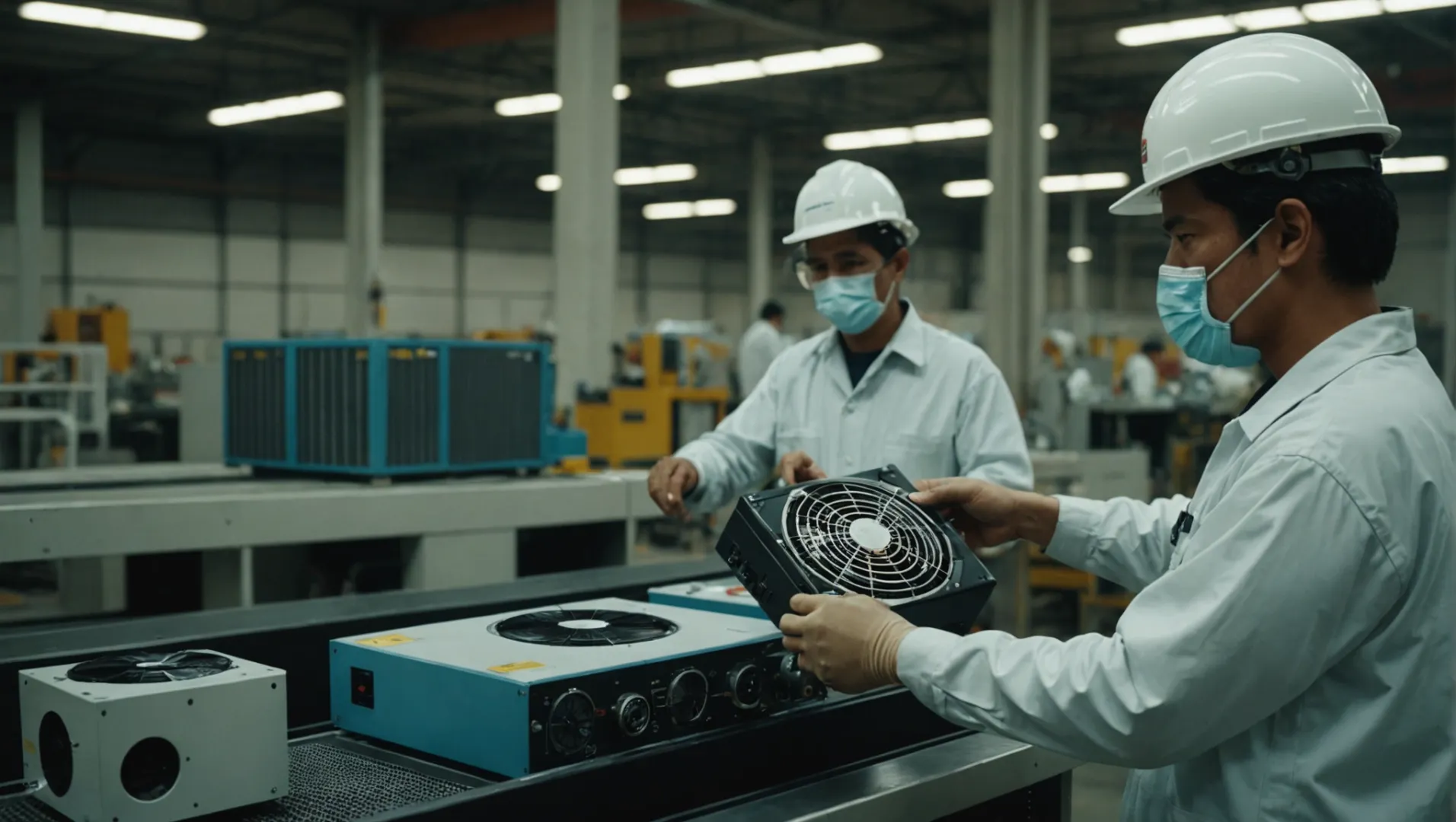
Manque d'infrastructures de production locales
L'industrie mexicaine des purificateurs d'air n'en est encore qu'à ses débuts, aucune usine professionnelle n'étant dédiée à la fabrication de ces appareils. Cette absence d'installations spécialisées pose des obstacles importants4 pour la production locale. L'assemblage de purificateurs d'air au Mexique nécessite l'importation de composants essentiels tels que les systèmes de ventilation, les filtres et les filtres à air. PCBA de la Chine, ce qui augmente à la fois les coûts et les délais.
Forte dépendance à l'égard des importations
La dépendance du Mexique à l'égard des composants importés constitue un défi majeur. Plus de 70% des composants des purificateurs d'air sont produits en Chine. Cette dépendance affecte la capacité du Mexique à établir une chaîne d'approvisionnement autosuffisante, le rendant vulnérable aux fluctuations des politiques commerciales internationales et aux retards d'expédition. L'importation de ces pièces augmente les coûts de production globaux de 15-30%, ce qui pèse encore plus sur la compétitivité du marché.
Augmentation des coûts de production
Par rapport à la Chine, où la chaîne d'approvisionnement en purificateurs d'air est bien établie, le Mexique doit faire face à des coûts de production plus élevés. Des facteurs tels que les droits de douane et l'absence de fournisseurs locaux alourdissent les dépenses. Par exemple, si les droits de douane augmentent en raison de tensions géopolitiques, les coûts de production pourraient grimper jusqu'à 60%, ce qui rendrait la fabrication au Mexique moins intéressante pour les entreprises.
Les défis de la personnalisation
Pour les entreprises qui souhaitent personnaliser leurs purificateurs d'air, il est essentiel de collaborer avec des équipes d'ingénieurs chinoises en raison de leur expertise et de leur expérience dans ce domaine. Cette exigence complique la logistique et ajoute des couches au processus de la chaîne d'approvisionnement, ce qui risque de ralentir l'innovation et la réactivité aux demandes du marché.
Perspectives d'avenir
Malgré ces difficultés, les fabricants ont de plus en plus tendance à chercher des opportunités de production au-delà de la Chine, y compris au Mexique. Grâce à des investissements stratégiques dans les infrastructures et la technologie, le Mexique pourrait progressivement surmonter ces obstacles et devenir un acteur compétitif sur le marché mondial des purificateurs d'air.
Le marché mexicain des purificateurs d'air repose sur la fabrication locale.Faux
Le Mexique ne dispose pas d'usines professionnelles pour les purificateurs d'air et dépend donc des importations.
Les coûts de production au Mexique sont plus élevés qu'en Chine.Vrai
Les droits de douane élevés et la dépendance à l'égard des importations augmentent les coûts de production au Mexique.
Comment les facteurs géopolitiques influencent-ils la production de purificateurs d'air ?
Les changements géopolitiques redessinent le paysage mondial de la production de purificateurs d'air, affectant les chaînes d'approvisionnement et les coûts.
Les facteurs géopolitiques ont un impact significatif sur la production de purificateurs d'air en influençant les coûts de fabrication, la stabilité de la chaîne d'approvisionnement et la délocalisation stratégique des usines. Les tarifs douaniers, les accords commerciaux et les relations politiques peuvent dicter où et comment les purificateurs d'air sont produits, la Chine et le Mexique étant à l'avant-garde de ces changements.
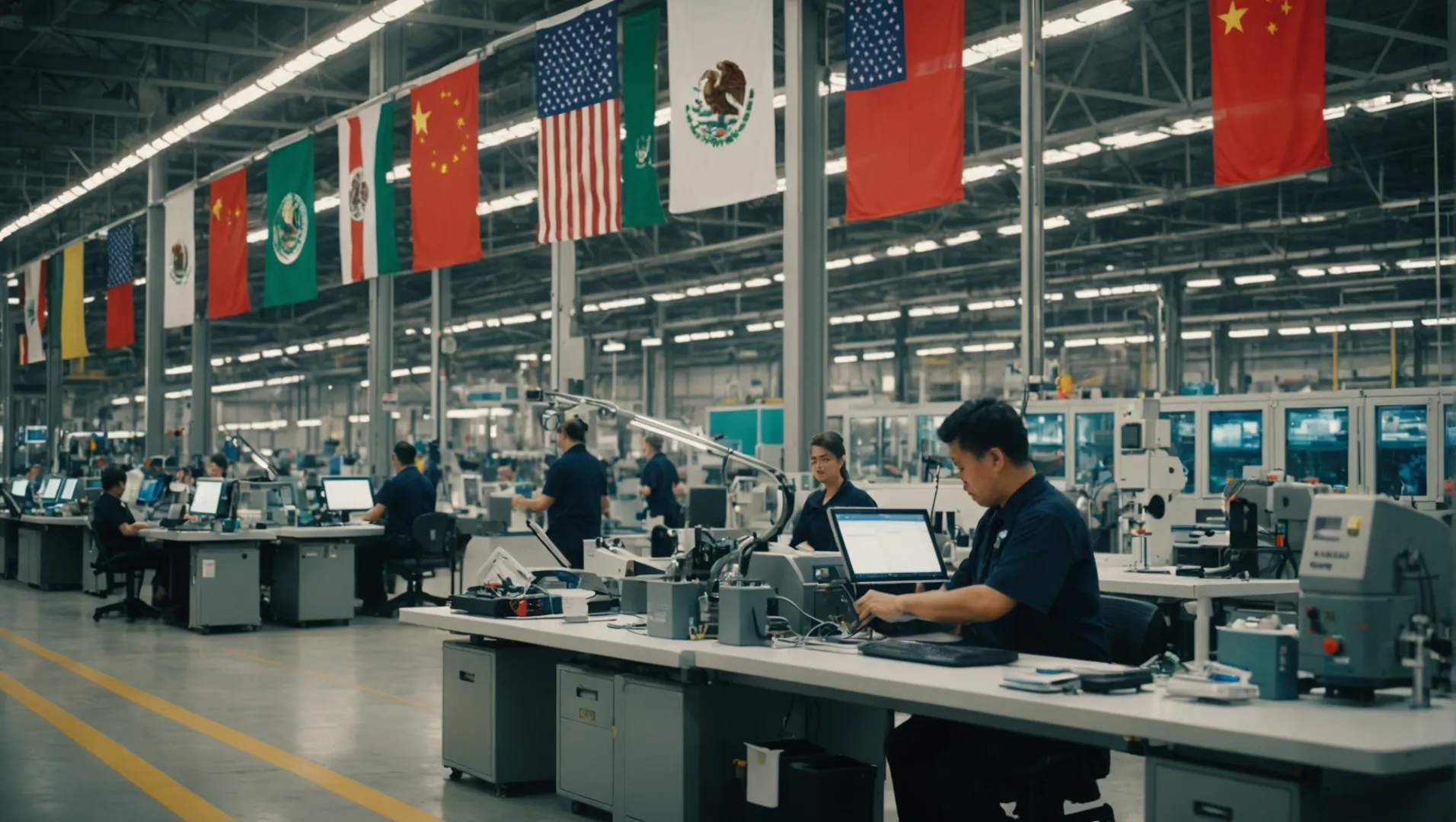
Tarifs et accords commerciaux
L'imposition de droits de douane peut modifier radicalement le paysage économique de la production de purificateurs d'air. Par exemple, l'introduction d'un droit de douane de 60% sur les produits fabriqués en Chine dans le cadre de certaines politiques américaines a incité les fabricants à envisager de se délocaliser dans d'autres pays tels que le Mexique. Toutefois, cette évolution s'accompagne de son lot de difficultés. Bien que le Mexique offre une proximité avec le marché américain, l'absence d'un marché mature pour les produits chinois n'est pas un obstacle à la délocalisation. l'infrastructure de la chaîne d'approvisionnement5 augmente les coûts de production de 15-30%, car des composants clés tels que les systèmes de ventilation et les filtres doivent toujours être importés de Chine.
Impact sur la stabilité de la chaîne d'approvisionnement
La domination de la Chine dans la production de purificateurs d'air peut être attribuée à son réseau de chaîne d'approvisionnement bien établi, qui assure la rentabilité et la rationalisation des opérations. Toute tension géopolitique qui perturberait ce réseau pourrait entraîner des retards importants et une augmentation des coûts. Pour les fabricants qui cherchent à personnaliser leurs produits, la collaboration avec les équipes chinoises d'ingénierie ou de R&D reste essentielle, même si l'assemblage peut se faire ailleurs.
Délocalisations stratégiques d'usines
Les relations politiques et les politiques commerciales peuvent entraîner des changements stratégiques dans l'implantation des usines. Alors que de plus en plus de fabricants envisagent de délocaliser leurs activités hors de Chine, des pays comme le Mexique apparaissent comme des alternatives potentielles. Toutefois, cette transition n'est pas sans obstacles. Le manque d'usines professionnelles de purificateurs d'air au Mexique signifie que les installations initiales sont coûteuses et nécessitent un investissement substantiel dans les capacités et l'expertise locales.
Considérations futures
Les facteurs géopolitiques continuent de jouer un rôle essentiel dans l'évolution du secteur des purificateurs d'air. Avec la montée des préoccupations environnementales au niveau mondial, la demande pour ces produits devrait augmenter, ce qui nécessitera un cadre de fabrication plus souple et plus flexible. Les entreprises doivent rester vigilantes quant aux politiques internationales susceptibles d'affecter leurs activités et explorer des partenariats qui minimisent les risques géopolitiques tout en maintenant la qualité et l'accessibilité des produits.
Les droits de douane sur les produits chinois augmentent le coût des purificateurs d'air.Vrai
Les tarifs douaniers augmentent les coûts de production en provoquant des délocalisations et des dépenses d'importation.
La chaîne d'approvisionnement du Mexique en purificateurs d'air est bien établie.Faux
Le Mexique ne dispose pas d'une chaîne d'approvisionnement mature, ce qui augmente les coûts de production de 15-30%.
Conclusion
La Chine reste le leader de la production de purificateurs d'air, mais l'évolution vers le Mexique pourrait changer la donne. Restez informé de l'évolution des tendances pour prendre des décisions commerciales intelligentes.
-
Découvrez comment l'investissement de la Chine dans la R&D stimule l'innovation dans le domaine des purificateurs d'air.. : La taille du marché chinois des purificateurs d'air était estimée à 2,58 milliards USD en 2023 et devrait croître à un TCAC de 7,6% de 2024 à 2030. ↩
-
Comprendre les effets des questions géopolitiques sur la domination manufacturière de la Chine .. : La part écrasante de la Chine dans l'industrie manufacturière mondiale crée une situation où une cascade d'événements centrés sur la Chine se répercute sur les ... ↩
-
Découvrez pourquoi la chaîne d'approvisionnement chinoise excelle dans la production de purificateurs d'air.. : La Chine dispose d'une infrastructure de chaîne d'approvisionnement bien établie pour la production de purificateurs d'air, ce qui garantit la rentabilité et l'efficacité. En revanche, ... ↩
-
Explorer les défis spécifiques en matière d'infrastructure qui entravent la fabrication locale au Mexique .. : Les défis auxquels est confronté le marché des purificateurs d'air haute performance comprennent les coûts initiaux élevés, le manque de sensibilisation dans les régions en développement et ... ↩
-
Découvrez pourquoi la chaîne d'approvisionnement mature de la Chine domine la fabrication de purificateurs d'air.. : La Chine excelle dans la production de purificateurs d'air en raison de ses coûts de production plus faibles, de sa capacité de production élevée et de ses installations de R&D avancées. La ... ↩


